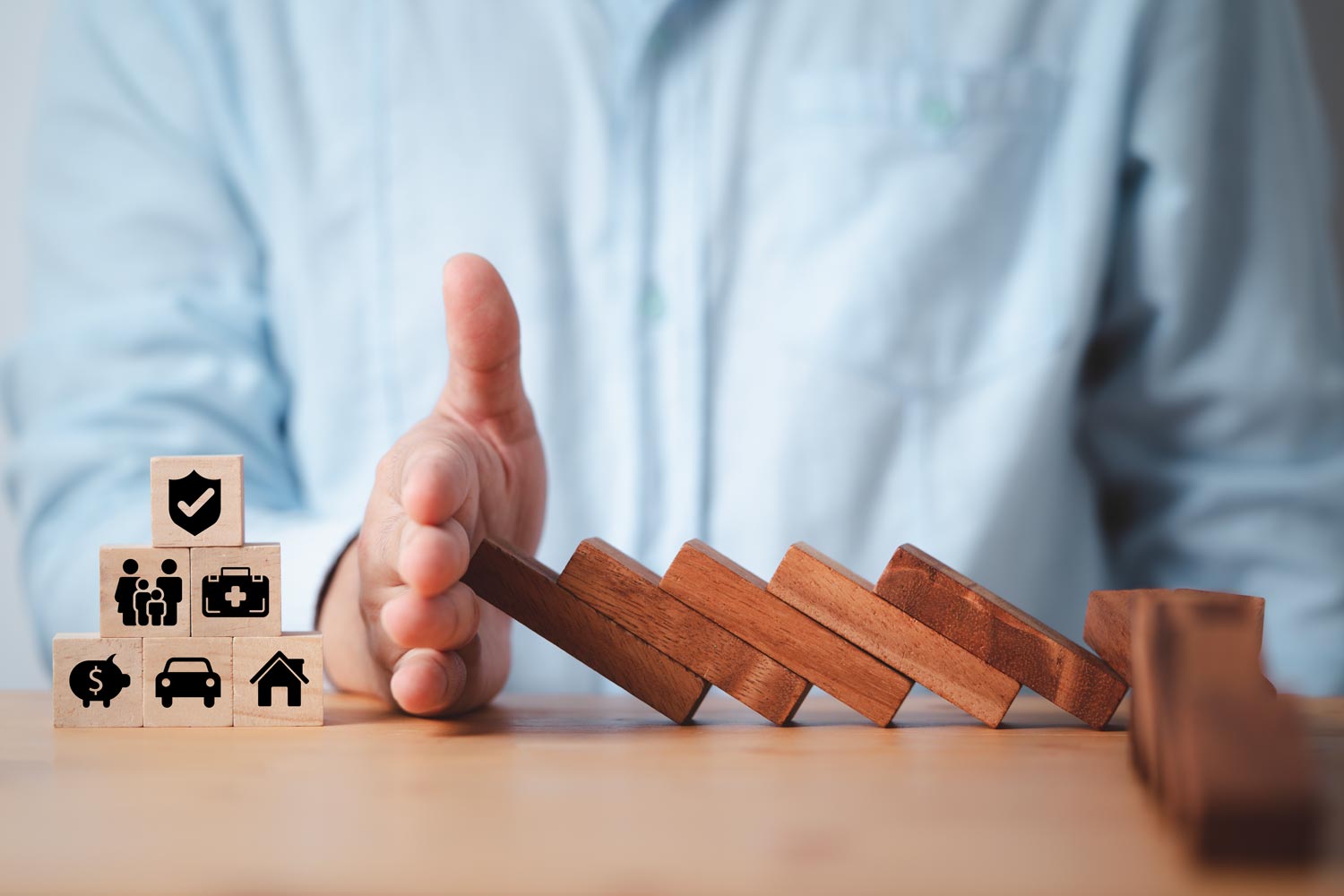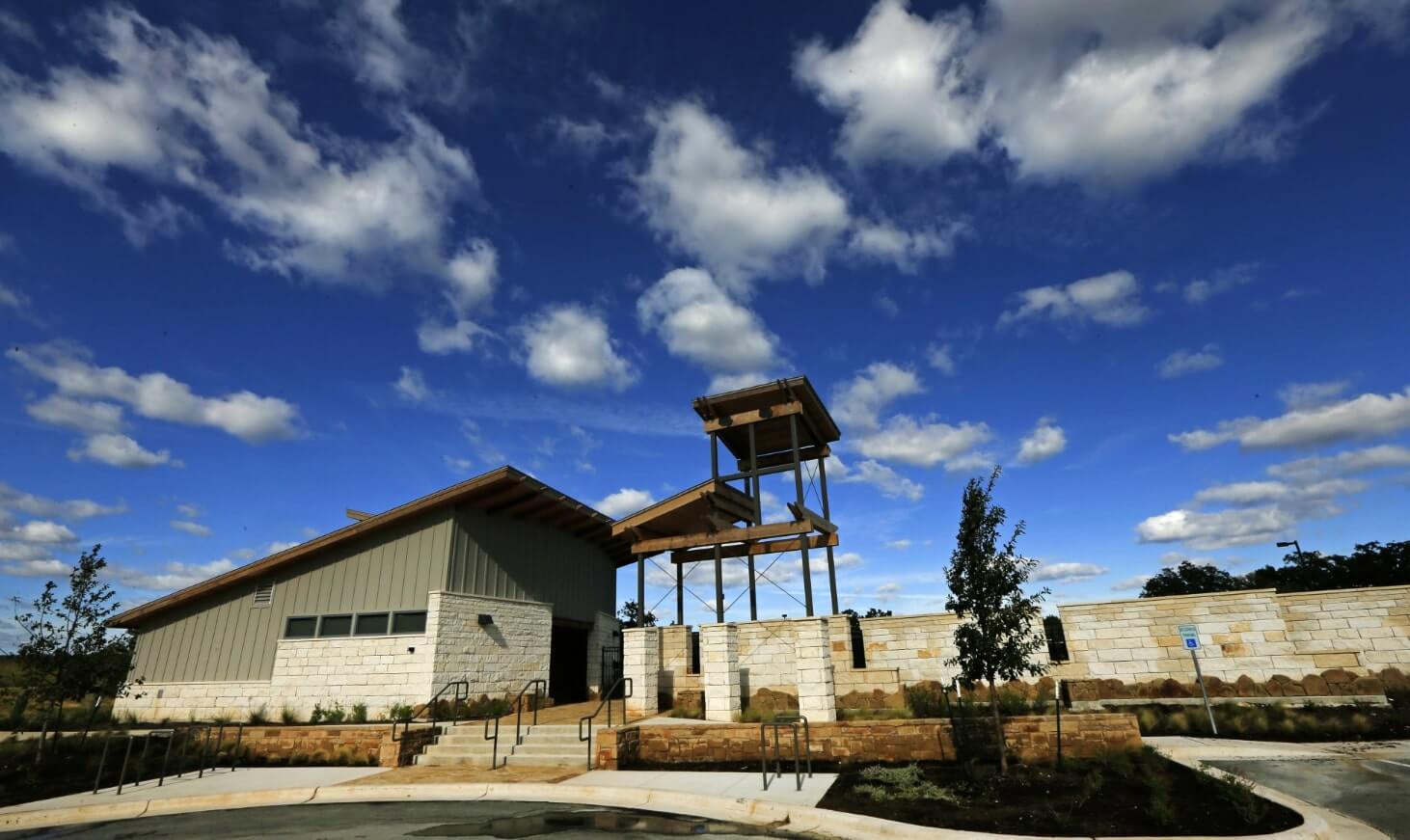Are you a land developer, property owner, or real estate agent in Central Texas? If so, you might have noticed that property taxes have been increasing at an alarming rate in this region. The current tax rates have become a significant financial burden for many Central Texans, which is why we need to seriously consider the consequences of rising property taxes. In this blog post, we will discuss the reasons why property taxes are too expensive in Central Texas, the impacts of these taxes, and what you can do about it.
- Why are property taxes so high in Central Texas?
One of the primary reasons for the high property tax rates in Central Texas is due to the rapid population growth in the area. As the region continues to expand, the demand for services such as education, public safety, and infrastructure development, also increase. Thus, the local government needs to generate more revenue to meet these growing demands, and one of the ways of doing so is through property taxes. Additionally, Texas also has a homestead exemption which allows people to deduct a certain amount from their taxable property value. However, this exemption’s amount is far less compared to neighboring states.
- What are the impacts of high property taxes?
The impacts of high property taxes are felt throughout the community, not just by property owners and land developers. For example, businesses that operate in Central Texas might shift their operations to other regions with lower tax rates, which could negatively impact the local economy. Moreover, individuals on a fixed income might be forced to sell their homes due to the inability to pay the increasing property taxes. It could ultimately lead to a higher cost-of-living and push more people out of Central Texas.
- What can be done about it?
There are several steps that can be taken to address the issue of high property taxes. First, taxpayers can attend local government meetings, voice their concerns, and request that city officials look into alternative revenue sources or decrease taxes. Second, landowners and real estate agents can take advantage of property valuation protest options offered by the state to review the assessed property tax value each year. Third, developers could be more strategic in choosing sites to develop properties where the tax burden might be lower compared to the areas listed as extremely high in taxes.
- What is the long-term investment considerations of high property taxes?
It is important to consider the short-term and long-term investment impacts of high property taxes. While property ownership in Central Texas offers a lot of potential benefits and ROI, other regions may offer a more beneficial business climate. Therefore, it is crucial for land developers and business owners to consider the potential impact of taxes before investing or expanding in a particular area. The current high tax rates might not always be feasible for businesses and homeowners in Central Texas if the situation worsens.
Conclusion:
Property taxes have become a top concern for residents and developers in Central Texas. However, the cost of maintaining and expanding the region, as well as increasing demand for essential services, demands the local government generate more revenue, of which property taxes are a part. Understanding the impacts of high property taxes and taking the necessary steps, such as protesting assessed property taxes, attending meetings, or choosing strategic low-tax areas, can help reduce the financial burden for land developers and residents in Central Texas. It is always better to have a well-informed approach and recognize the long-term investment implications of high property taxes.



